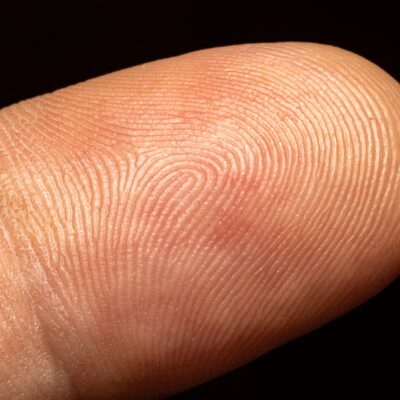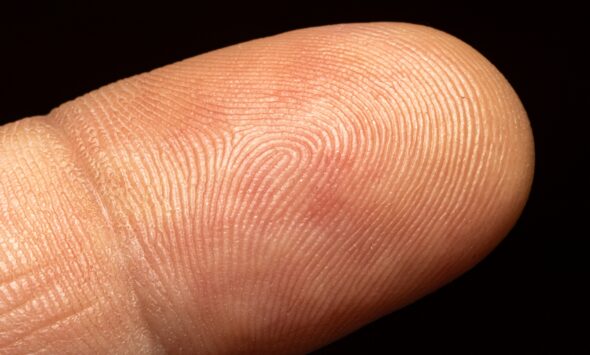Amendment to Article 55-1 of the French Code of Criminal Procedure
In the course of a flagrante delicto investigation, Article 55-1 of the French Code of Criminal Procedure expressly provides that, during the judicial inquiry, samples may be taken from any person concerned by the procedure. Such samples may prove necessary to carry out technical and scientific examinations for comparison with traces and evidence collected as part of the investigation. Under what conditions may these samples be taken?
What does Article 55-1 of the CCP provide?
The judicial police officer may, personally or under his or her supervision, collect external samples from any person likely to provide information on the facts in question, or from any person against whom there are one or more plausible reasons to suspect that they have committed or attempted to commit the offence. These samples are necessary to carry out technical and scientific examinations for comparison with traces and evidence collected for the purposes of the investigation.
The officer also carries out, or has carried out under his or her supervision, the collection of identifying information, in particular the taking of fingerprints, palm prints or photographs necessary for the feeding and consultation of police databases, in accordance with the rules applicable to each of these files.
Refusal by a person against whom there are one or more plausible reasons to suspect that they have committed or attempted to commit an offence to submit to the sampling operations mentioned in the first and second paragraphs, as ordered by the judicial police officer, is punishable by one year of imprisonment and a €15,000 fine.
In decision no. 2003-467 DC, the Constitutional Council held, with respect to Article 30 of the Law of 18 March 2003 on Internal Security, ‘that the expression “external sampling” refers to a sampling procedure that does not involve any internal bodily intervention; that it therefore entails no painful, intrusive or degrading methods affecting the dignity of the persons concerned; that, accordingly, the claim alleging a violation of the inviolability of the human body is unfounded; that external sampling does not, moreover, adversely affect the individual liberty of the person concerned’ (para. 55).
Fingerprinting under coercion:
Article 30 of Law no. 2022-52 of 24 January 2022 on Criminal Liability and Internal Security supplements Article 55-1 of the French Code of Criminal Procedure with the following paragraph:
« Without prejudice to the application of the third paragraph, where the taking of fingerprints, palm prints or a photograph is the sole means of identifying a person interviewed under Articles 61-1 or 62-2 for a felony or a misdemeanour punishable by at least three years’ imprisonment, and who refuses to provide proof of identity or supplies manifestly false identity information, this operation may be carried out without that person’s consent, with written authorisation from the public prosecutor, upon a reasoned request by the judicial police officer. The judicial police officer, or under his or her supervision a police officer, shall resort to coercion only to the extent strictly necessary and in a proportionate manner, taking into account, where appropriate, the vulnerability of the person. A report shall be drawn up of this operation, stating the reasons why it constituted the sole means of identifying the person, as well as the date and time when it was carried out. The report shall be transmitted to the public prosecutor, with a copy provided to the person concerned. »
Tous droits réservés - © 2026 Forenseek

















